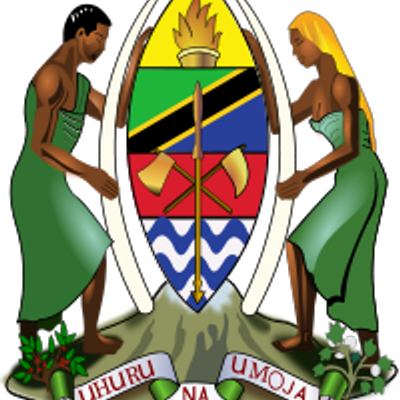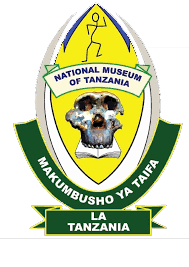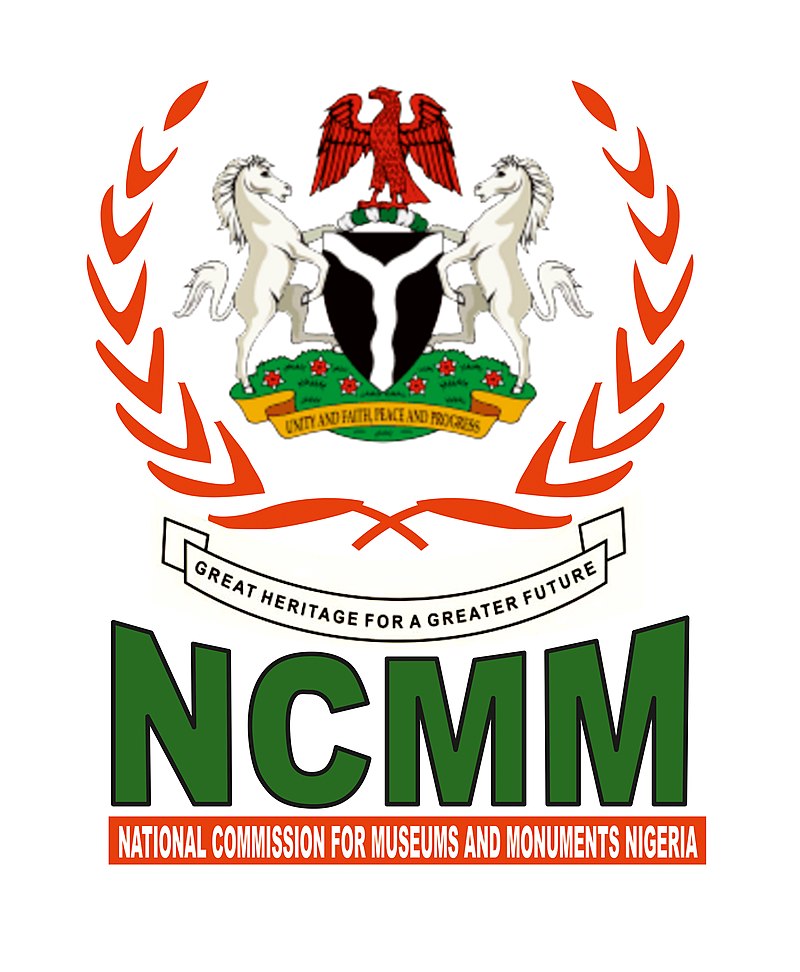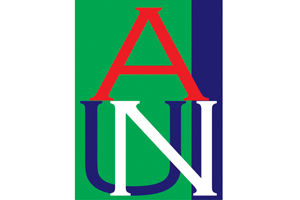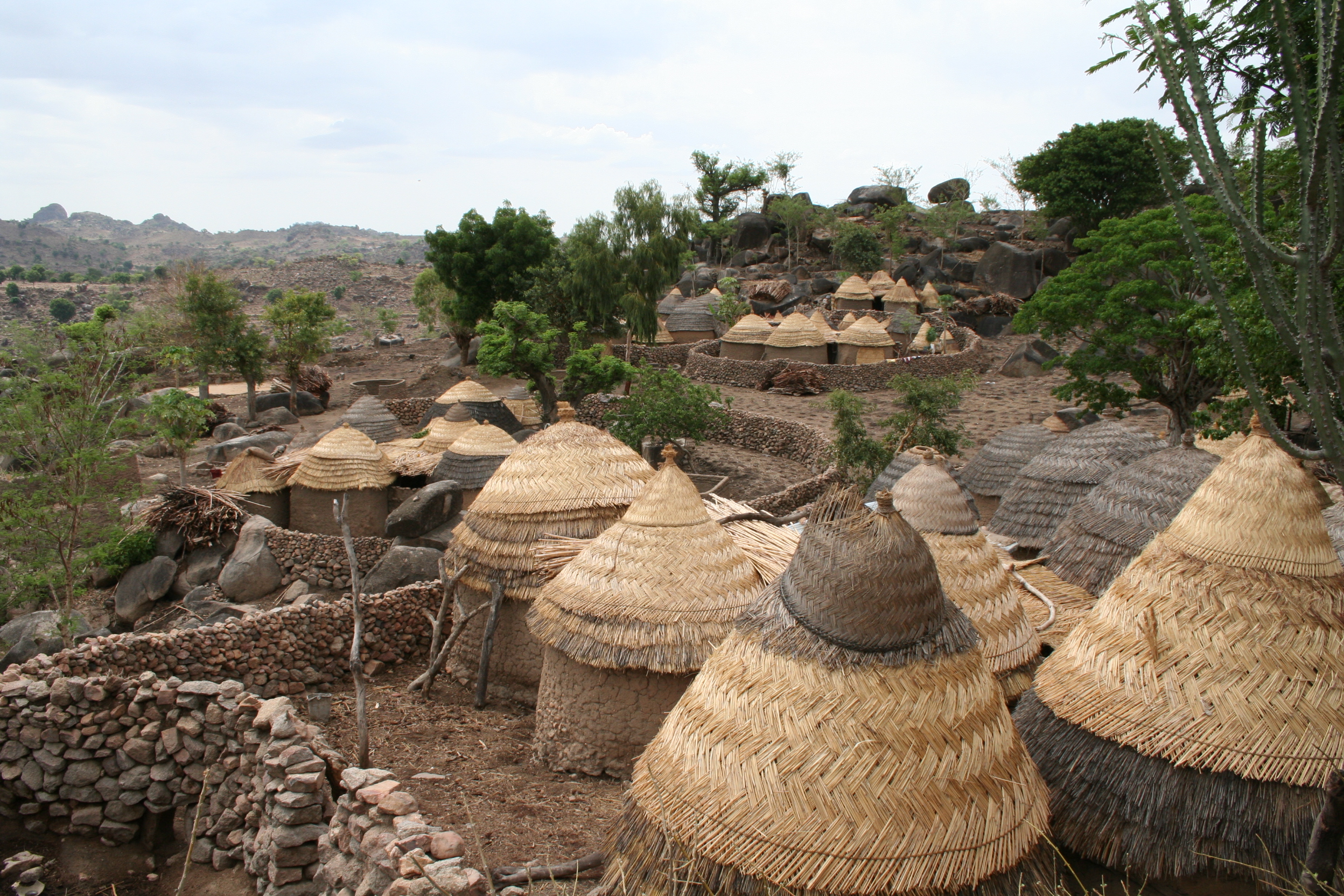
CVI-Africa Project: Assessing Climate Change Risk to African Cultural Heritage
Years : 2020 - 2022The CVI-Africa project, conducted between 2020 and 2022, aimed to develop and apply the Climate Vulnerability Index (CVI)* to assess climate change risks at two World Heritage properties in Tanzania and Nigeria.
This project, which focused on a values-based climate change risk assessment, provided essential training in vulnerability assessment to six heritage professionals from Cabo Verde, Kenya, Nigeria, Tanzania, Tunisia, and Uganda. The CVI was applied at two World Heritage sites: Sukur Cultural Landscape in Nigeria and the Ruins of Kilwa Kisiwani and Ruins of Songo Mnara in Tanzania. By understanding the climate vulnerabilities of these heritage sites, the project enabled the development of targeted conservation strategies to protect them against the effects of climate change. Additionally, it contributed to the improvement and global application of tools for conducting vulnerability assessments.
ICOMOS worked alongside a global team that included the Climate Heritage Network (CHN), Historic England, the International National Trust Organisation (INTO) and the Union of Concerned Scientists (UCS). The project also involved national partners such as the Tanzanian Ministry of Natural Resources and Tourism, National Museums Tanzania, ICOMOS Nigeria, Nigerian National Commission for Museums and Monuments (NCMM) and the American University of Nigeria (AUN). The project was funded by the UK Arts and Humanities research Council and the Department for Digital, Culture Media and Sport.
*The Climate Vulnerability Index (CVI) is a systematic methodology designed to assess the vulnerability of the Outstanding Universal Value of World Heritage sites to climate change. [Source]




